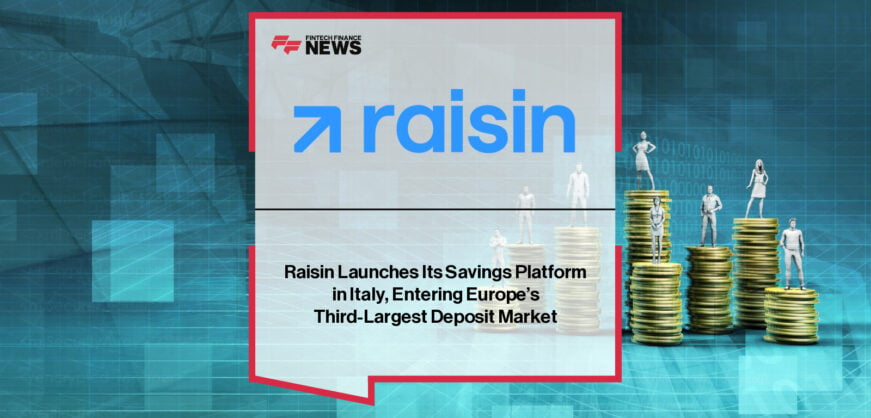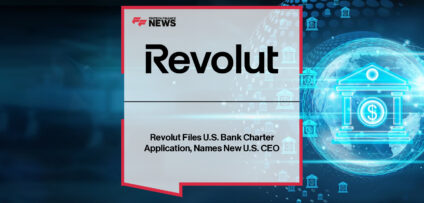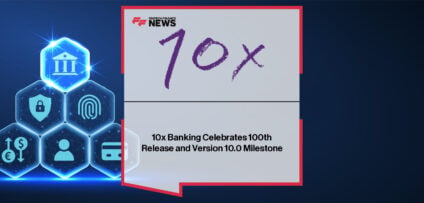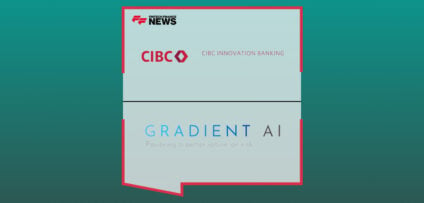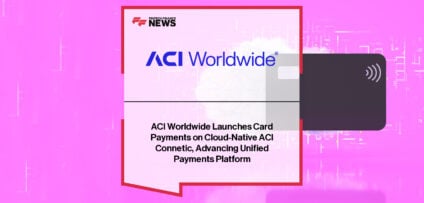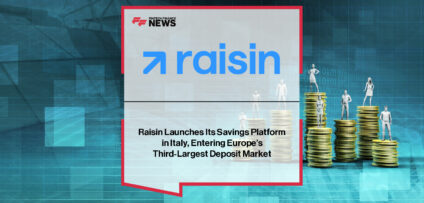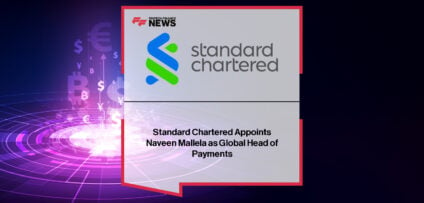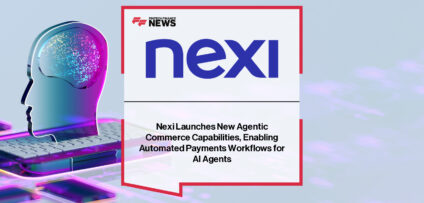Breaking News

Trust In Banking Begins To Level Out After An 8 Year High, As New Index Finds Challenger Banks Are Most Trusted By Consumers
The new Fairer Finance Trust in Banking Index has found an increase in the number of customers saying they don’t trust NatWest in 2023. The percentage of NatWest customers saying they strongly disagree or disagree that they trust NatWest rose from 3.76% to 5.27% between February and August 2023. This means that NatWest now has more distrusting customers than average (4.23%). The top reasons given by NatWest customers for being unhappy were poor customer service (47%), a lack of local branches (47%) and poor rewards and benefits (43%). One in 10 (11%) of dissatisfied respondents said they were unhappy because they had heard bad stories about NatWest in the news or in social media, a large increase on the 3% of unhappy customers who gave this response in February 2023 – potentially a result of the Nigel Farage debanking headlines during this period.
Tracking 10,000 consumers’ views twice yearly, Fairer Finance has found that trust in the banking sector is at its highest point since it started its Trust in Banking Index eight years ago. The
On average 80% of respondents strongly agreed or agreed that they trusted their provider across current accounts, credit cards, mortgages, personal loans and savings accounts. This is a major improvement compared to 2015, when only 65% said they trusted their provider. However, this upward trend has started to level out in the last six months and could start to head downwards in the year ahead as interest rates on mortgages rise and consumers’ budgets are squeezed by the rising cost of living.

CHASM REMAINS BETWEEN TRUST LEVELS FOR CHALLENGER VS TRADITIONAL BANKS
Challenger banks, notably Monzo and Starling, are the most trusted by consumers, compared to traditional banks. The table below shows the trust levels in large banks and building societies in August 2023* – Starling and Monzo have close to 60% of customers strongly agreeing that they trust them. HSBC, TSB and RBS – all more established high street banks – have around 30% of customers giving this response.

Of the challenger banks that came out top, consumers cited Starling Bank and Monzo’s app and website as a key reason for being happy with them (75% and 65% respectively vs an industry average of 51%), while “helping them budget” was another important reason for their satisfaction (24% and 39% respectively, vs 15% industry average).
James Daley, Managing Director at Fairer Finance, the consumer group and ratings provider, commented: “Trust in the banking sector has been on a slow road to recovery over the last 15 years. Mis-selling scandals and the credit crunch drove trust in the sector to all time lows in the early part of the millennium. But better regulation and a more competitive sector has seen a steady improvement in recent years.
“However, it’s likely that we are now at the peak, with sky high mortgage rates and rising repossessions starting to have a negative impact on customer perceptions of the sector. There’s also a widening split between perceptions of the new batch of challenger banks and the established high street brands, meaning the big five will need to continue to work harder to stop losing market share. Nationwide, the UK’s largest building society, is the only brand to be bucking this trend – with its customer trust scores well ahead of any other brand with a high street presence.
“The Farage scandal shows how easy it is to undermine trust in your brand. It takes years of good behaviour and investment in technology and service to build customer trust – but only seconds to undermine it with a bad decision.”
DISTRUST OF MORTGAGE PROVIDERS IS RISING
Among the core products offered by banks, mortgages and personal loans are the least trusted by consumers, followed by credit cards, while savings accounts and current accounts are the most trusted.
Three in four (77%) of respondents said they strongly agreed or agreed that they trusted their mortgage provider (level with February 2023), while 4.5% said they disagreed or strongly disagreed that they trusted their mortgage provider (up from 4.3% in February). This compares with an average of 80% who trust and 4.0% who distrust their banking provider more broadly (the average for current accounts, credit cards, mortgages, personal loans and savings accounts).
This fall in trust in mortgage providers over the course of 2023 is likely a result of the recent rises in mortgage rates, arrears and the cost of borrowing.
Of the large banks and building societies* First Direct and Nationwide are rated most trusted among consumers for mortgages, with 56% and 43% of respondents saying they ‘strongly agree’ that they trust those respectively. Of the large providers, Leeds Building Society and Virgin Money are relatively behind on trust, with 22% and 26% of their respondents saying they ‘strongly agree’ that they trust them.

Daley continued: “Our ratings are designed to help people make more informed decisions based on quality and service, and not just price. Tracking the views of over 10,000 consumers every six months, allows us to see which providers and which sectors specifically are serving customers well and which are not. With the introduction of Consumer Duty, those companies at the bottom of the trust tables need to urgently up their game.”
People In This Post
Companies In This Post
- BirdsEyeView Launches ‘AI Data Scrubbing’ for Large-Scale Hazard Modelling Read more
- CIBC Innovation Banking Provides Growth Capital to Gradient AI Read more
- ACI Worldwide Launches Card Payments on Cloud-Native ACI Connetic, Advancing Unified Payments Platform Read more
- Raisin Launches Its Savings Platform in Italy, Entering Europe’s Third-Largest Deposit Market Read more
- Standard Chartered Appoints Naveen Mallela as Global Head of Payments Read more





